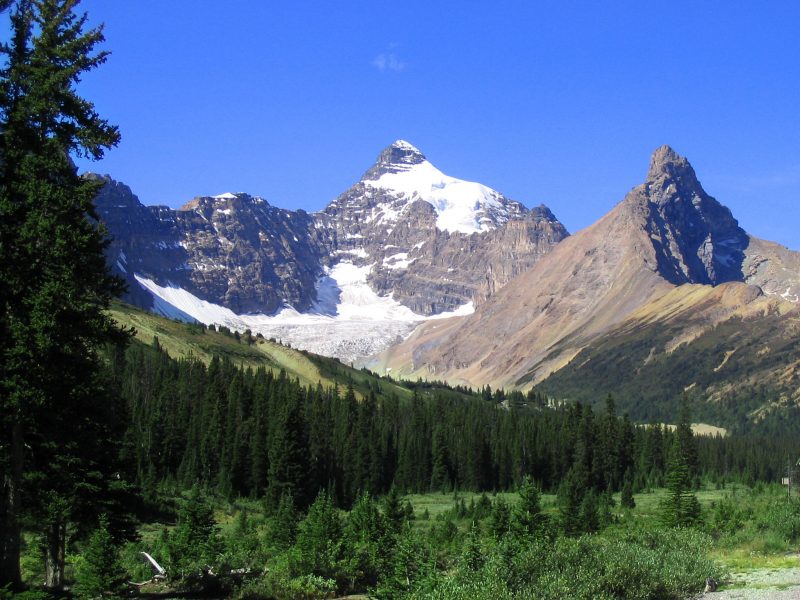OPINION: “ECO-ANXIETY” AND ACTING LOCALLY

Photo: Russ Vernon-Jones.

I learned this week that “eco-anxiety” is the new term for many people’s reactions to the climate crisis. Experts are saying this is not an illness or disorder, but rather a normal, healthy response to the news that we have less than 11 years to make big changes worldwide, if we are to avoid the most catastrophic effects of climate change. Healthy or not, what do we do about the “eco-anxiety” — the fear, hopelessness, dread, and despair — we feel?
There Are Two Key Constructive Remedies
1. Notice, feel, accept, talk about, and express how we are feeling. Crying, raging, trembling, (and laughing, if you can manage it) all help release our feelings and clear our minds. Connect with other people, find out how they are feeling, and share how the climate crisis makes you feel. My earlier post, “Feelings”, has more thoughts and guidance on this.
2. Take action. Taking action is a road out of powerlessness and despair, and it leads toward hope, energy, and connection.
Act Locally
If you are already engaged in united action with others by all means keep it up. Over the last many months I have repeatedly encouraged readers to join climate organizations and work collectively for change. If you are not already engaged in such action, or maybe even if you are, consider the following. A form of local action that both organizations and individuals are having success with, is pressuring city or town governments to take climate action. Increasingly, in the United States, with so much dysfunction at the federal level right now, municipalities are taking the lead with regard to the climate emergency.
In red states and blue states, from coast to coast, municipalities are starting to take action. In virtually every case this is happening because some concerned community members, or a local group, often a coalition of groups, has advocated, lobbied, pressured and persuaded the local city council, select board, or town council to act. This is already more than a ripple on the ocean of governmental inaction, but we can make it a giant wave, if each municipality across the country joins in.
A Way to Begin
One way to begin is to call one of your elected representatives in your municipal government. Ask them, “Does our city/town have goals and a timeline for taking action to help stop climate change?” “Who in our city/town is working on this or has expressed interest?” Tell them, “I’m concerned about climate change and care about saving the environment. I know that other cities and towns are setting goals and declaring a climate emergency. I’d like to see us do that too.” Note that to make this call you don’t have to be an expert. You don’t have to know much of anything. Regardless of your expertise or lack of it, just making this call will shift the needle slightly and make your local representative more aware of the interest in climate change in your community.
Next, tell some friends about the call you made and what answers you got. Invite them to work on these things with you. The beauty of this approach is that it’s useful regardless of whether nothing has happened in your city/town or there’s already been a lot of action. No matter how much action a municipality has taken, there’s always more to be done. If goals have been set, then implementation will require ongoing advocacy, monitoring, and help from community members. You can find people who are already taking action or, if no one is, you can get a small group started. It can be helpful to work collaboratively with others in nearby cities and towns. There are plenty of state and national organizations that can help guide you in these efforts. If you get stuck and can’t figure out how to proceed, you can write to me and I’ll try to help.
Recent Success
I was prompted to write this post because last week the Town Council in my town voted to adopt goals that call for our entire community to be carbon-neutral at least by 2050, with a 50% reduction in greenhouse gas emissions by 2030 and 25% by 2025.
I advocated that the town set the date for carbon neutrality earlier than 2050. Given the limited carbon budget remaining for humanity, equity demands that the wealthier nations that have done the most to cause climate change, achieve carbon neutrality much earlier. Nonetheless, I’m pleased that we now have goals and particularly pleased that the 25% by 2025 goal will require us to act without delay. Other cities and towns have started by declaring that a “climate emergency” exists. A lot of phone calls, meetings, research, negotiating, and letters to the editor of the local newspaper went into my town’s action. We don’t yet know for sure that we can meet these goals, or how, but as I said to the Council before they voted, “In a crisis, you don’t try for what you are sure you can succeed at, you try for what will solve the crisis.”
Any action you take will help with your eco-anxiety. Every connection with another person around this topic will help. Sustained action will have its ups and downs, frustrations and successes, but it’s emotionally healthier than inaction. The people I’ve gotten to know as I’ve taken more action are becoming my friends. We often have a good time together. The sense that we are part of world-wide struggle on behalf of all humanity and other living things, keeps us going, regardless of each day’s news. What action would you like to take?
Russ Vernon Jones blogs regularly on climate justice at www.RussVernonJones.org .
